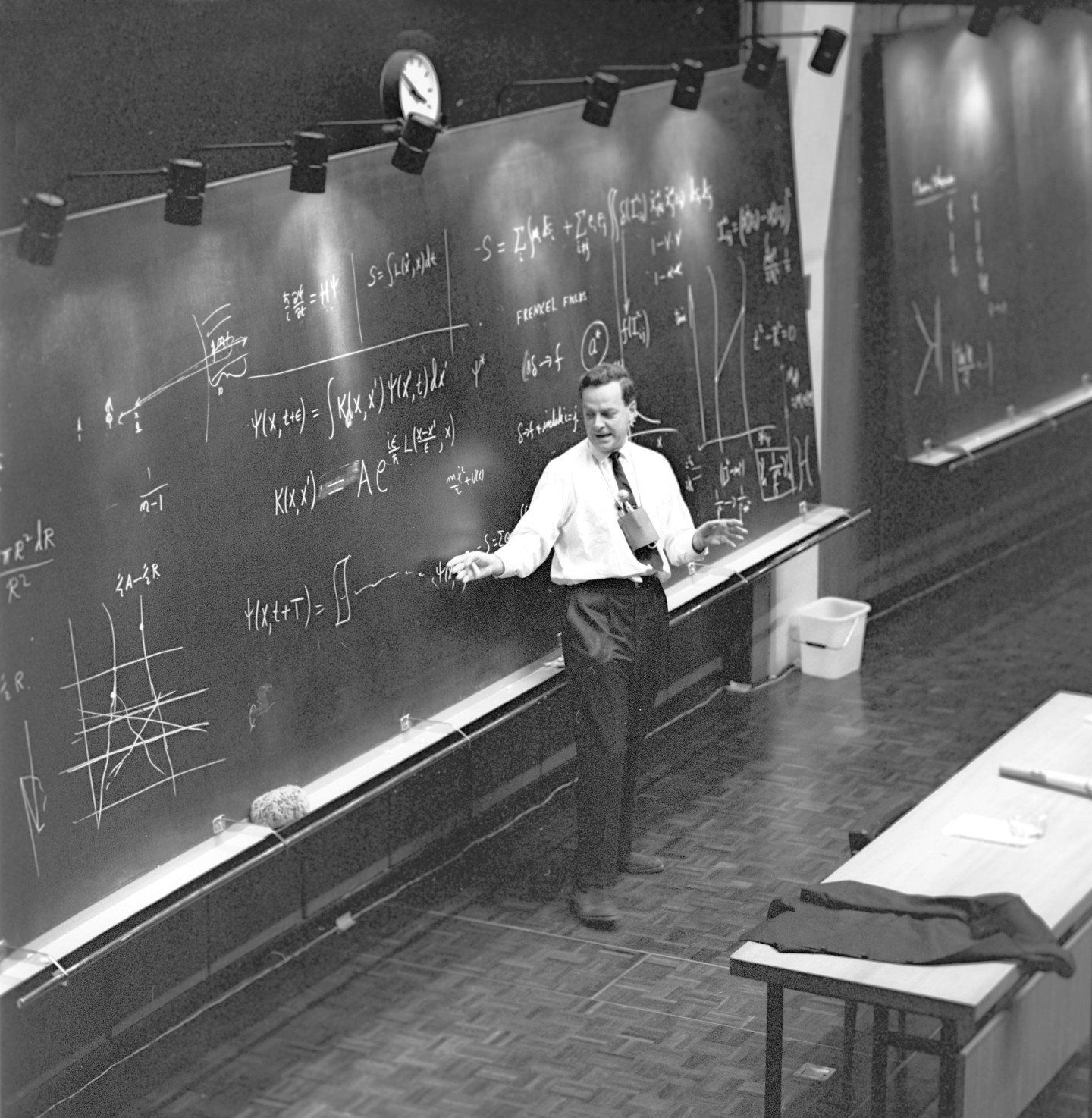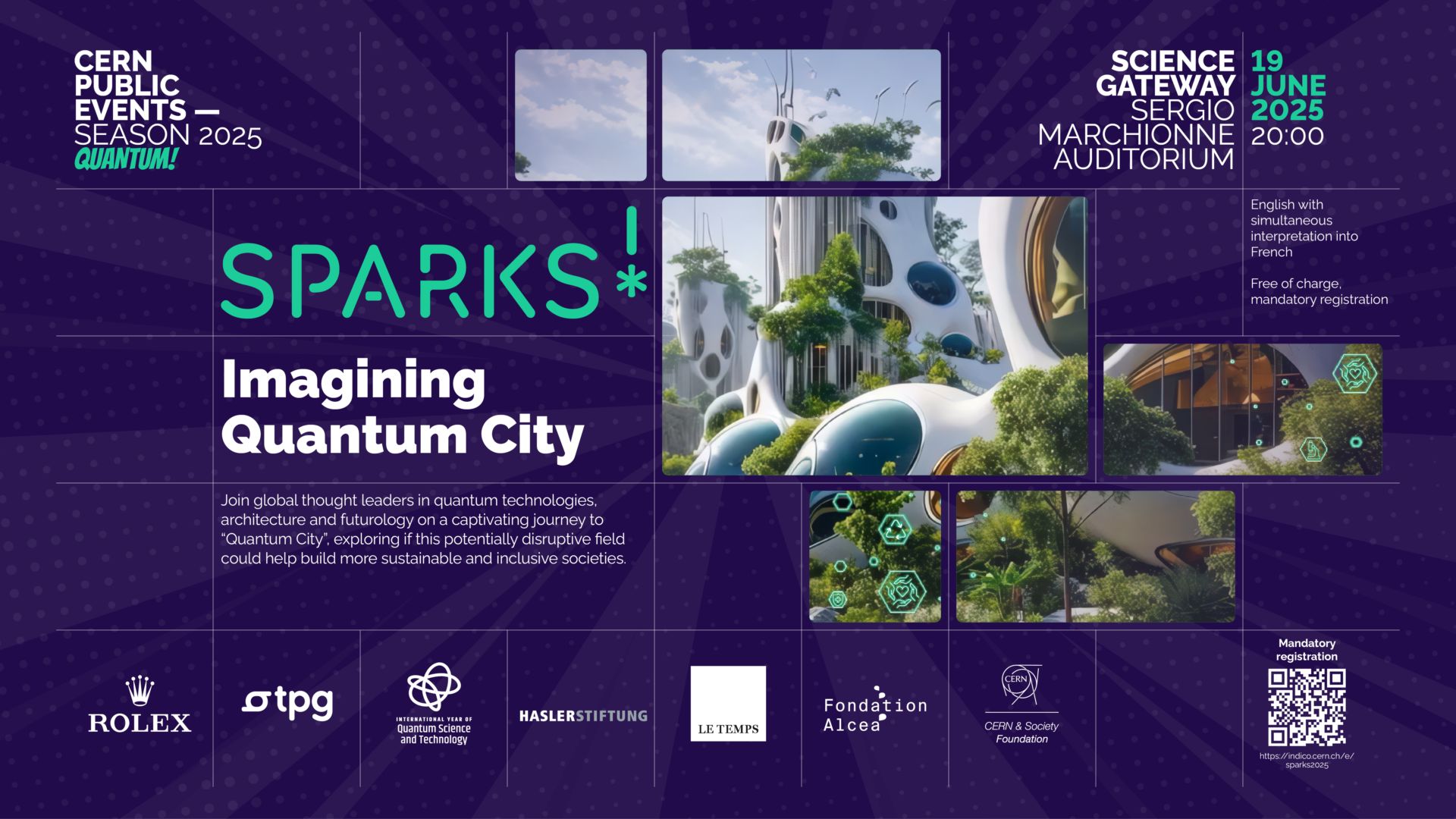“If you think you understand quantum mechanics, you don’t understand quantum mechanics” – Richard Feynman, acclaimed physicist
In June, the United Nations proclaimed 2025 the International Year of Quantum Science and Technology. It marks 100 years since the initial development of quantum mechanics. But what is quantum mechanics?
Expected to have a big impact in the future, and with countless current applications, quantum mechanics began as a way to study nature’s smallest objects.
Discoveries made by physicists a century ago upturned many of the notions that had guided science for hundreds of years. Entanglement, for example, means that particles can remain connected no matter how far they are apart[1]. It is based on quantum theory, which explains the nature and behaviour of matter and energy at atomic and subatomic levels.
The research that has taken place since has helped to make sense of some of these concepts and today, quantum is used in all sorts of everyday life scenarios – from solar cells and medical scanners to light-emitting diodes (LEDs) and global positioning systems (GPS) [2].

Computing is another exciting application. The computer you have at home, perhaps the one you are reading this article on, solves calculations one at a time. Quantum computers, however, would use entanglement to solve multiple calculations at once – resulting in more powerful computers, capable of solving problems much faster. This could speed up tasks like diagnosing cancer, or facial recognition[3].
Quantum is the central theme of public events at CERN in 2025. Supported by the CERN & Society Foundation, these events highlight the societal impact of the fundamental research that takes place at CERN, including the impact of quantum technology.
As part of the Quantum! events season so far, we have hosted De Temps en Temps – a concert about time in physics and music, Les Dieux et le Père Noel – a quantum comedy, and Super Quantum! – a discussion of quantum through the lens of comic books and superheroes. The CineGlobe Film Festival, which took place at the Science Gateway in May, continued the theme of bringing science and society together by exploring the connections between quantum entanglement and cinematic art.
One of the most exciting things about quantum is its potential to play a significant role in the future. One day we may secure important documents, like passports, using cryptographic keys generated by quantum entanglement, or use quantum simulation to remove harmful chemicals from water. Quantum computing may help us design better and more efficient windfarms, therefore maximising a renewable energy source, or to bolster food security and sustainability by increasing predictive design and gene editing of plants4.
In the high-energy physics community, applications of quantum technologies – think improved data-analysis and ultrasensitive detectors5 – could improve meeting the needs of world-leading infrastructure like the Large Hadron Collider (LHC), the High-Luminosity Large Hadron Collider (HL-LHC) and perhaps the Future Circular Collider (FCC)6.
As quantum is set to become such a significant part of everyday life, it is important to think about its future implications and practical applicability. The fifth and final event of the season, SPARKS! 2025 – Imagining Quantum City, explores how quantum technologies could be used to build more sustainable and inclusive societies, while showcasing recent developments in the field.
You can register for the event, which takes place on 19 June 2025, here.
For those who can’t join us in Geneva, the event can be watched via livestream on YouTube.
